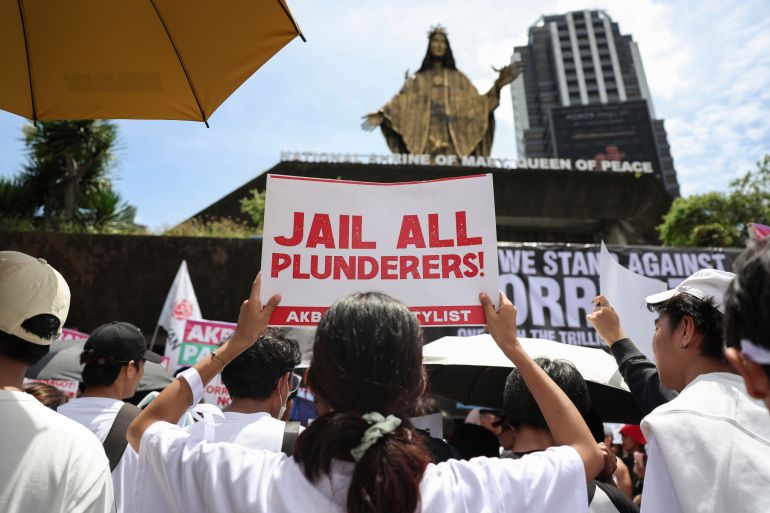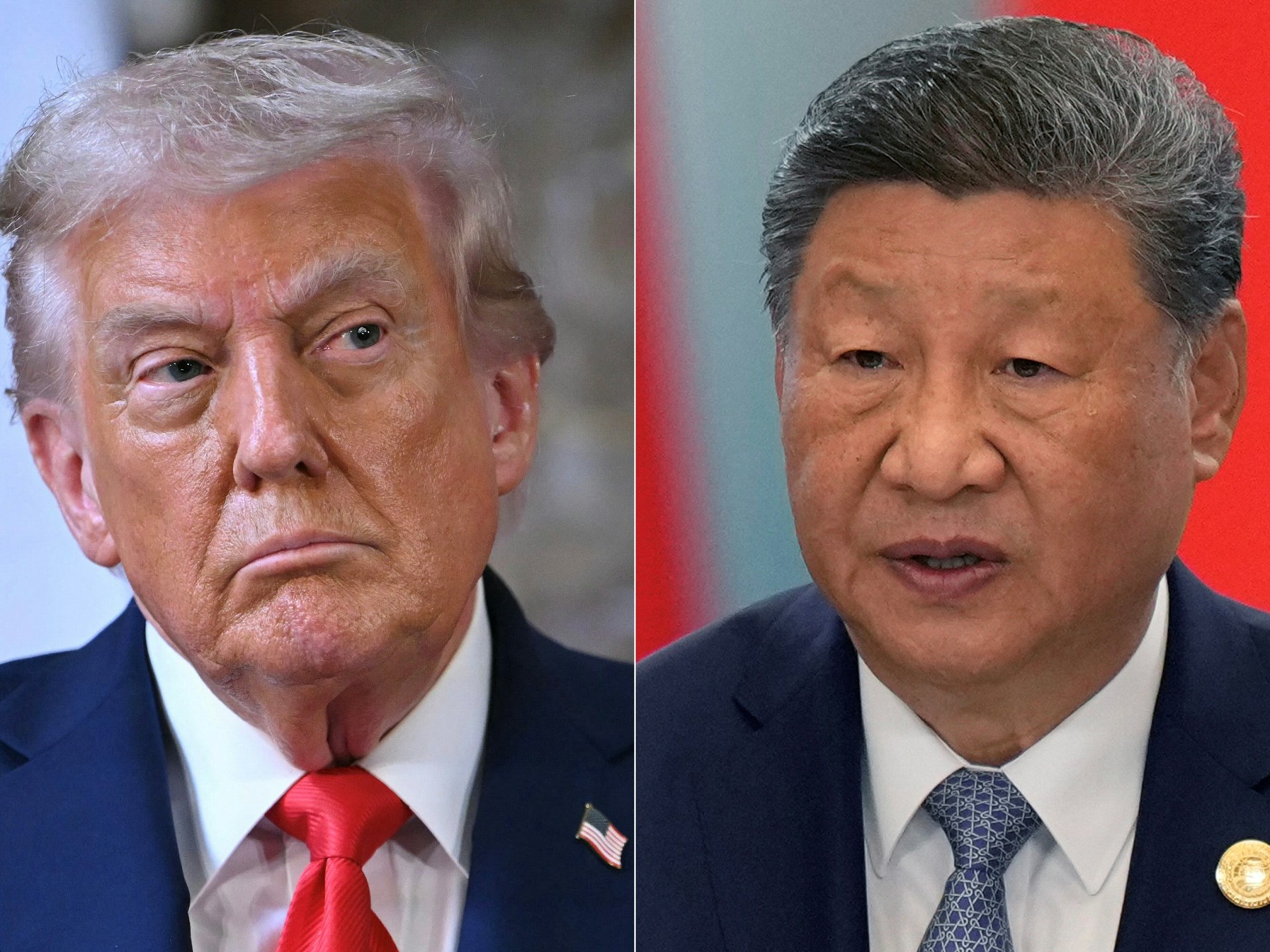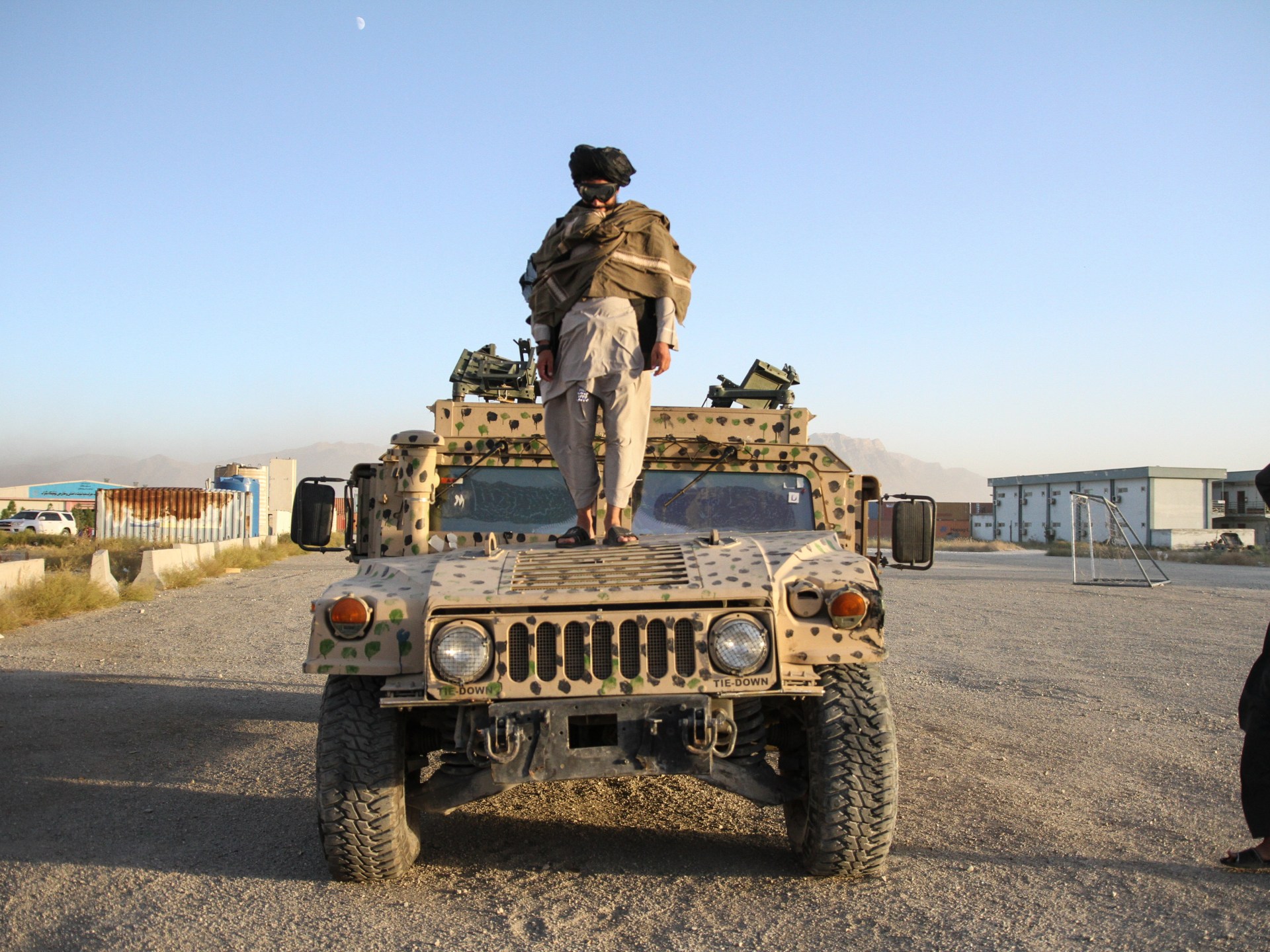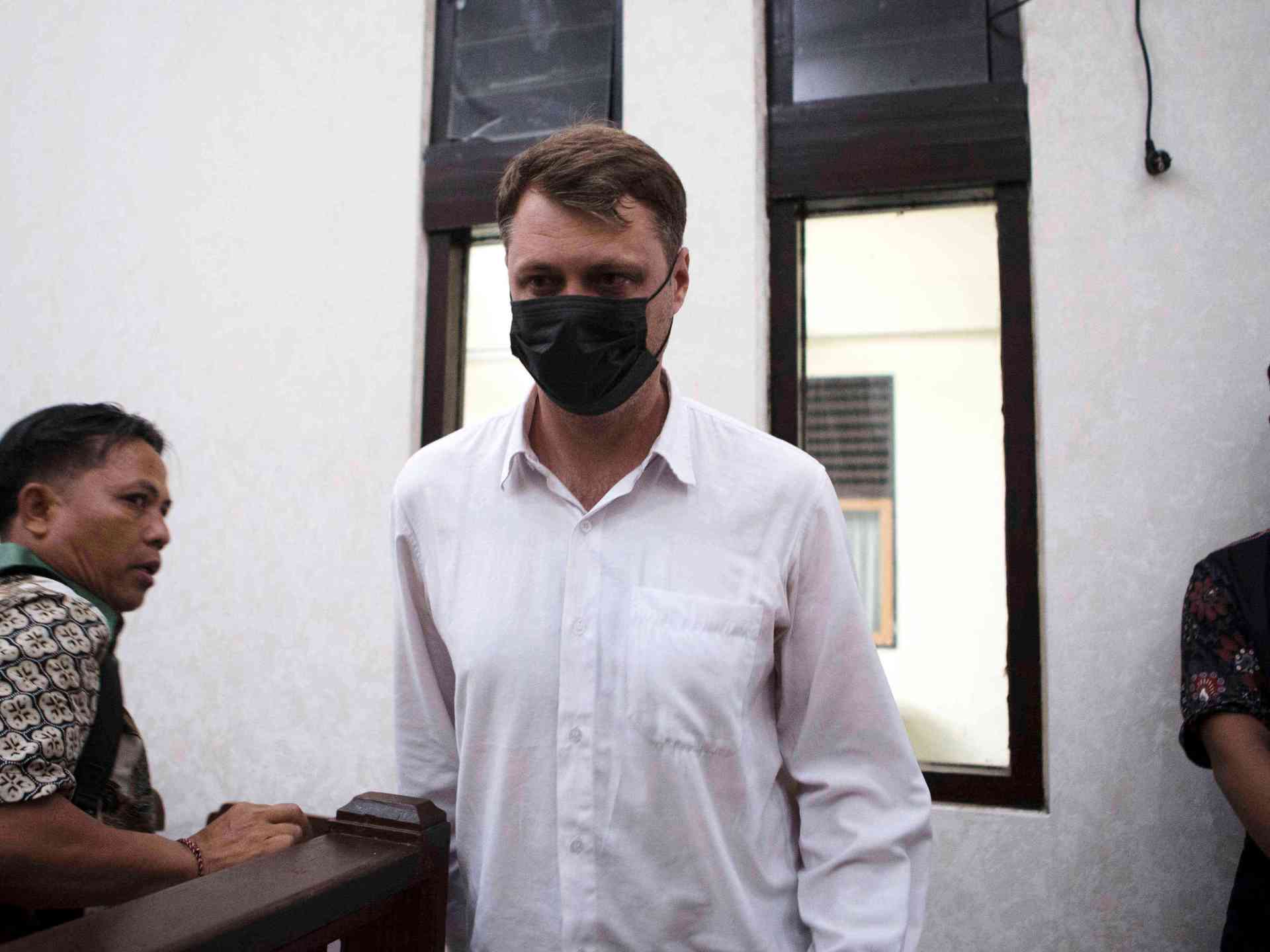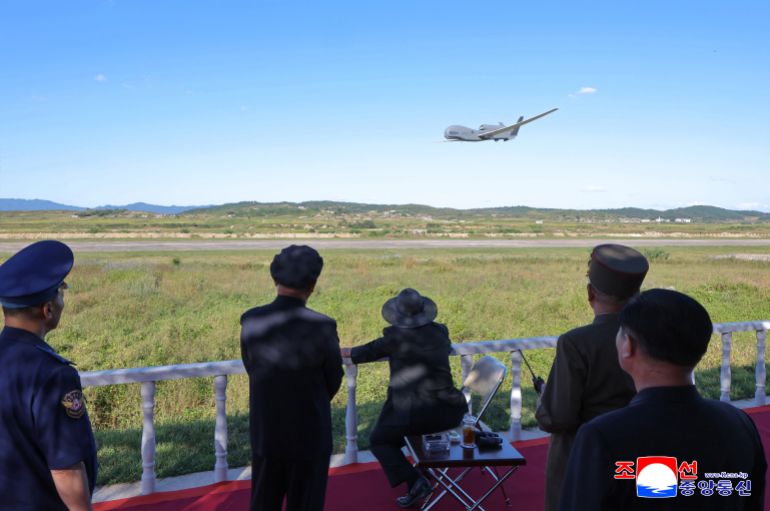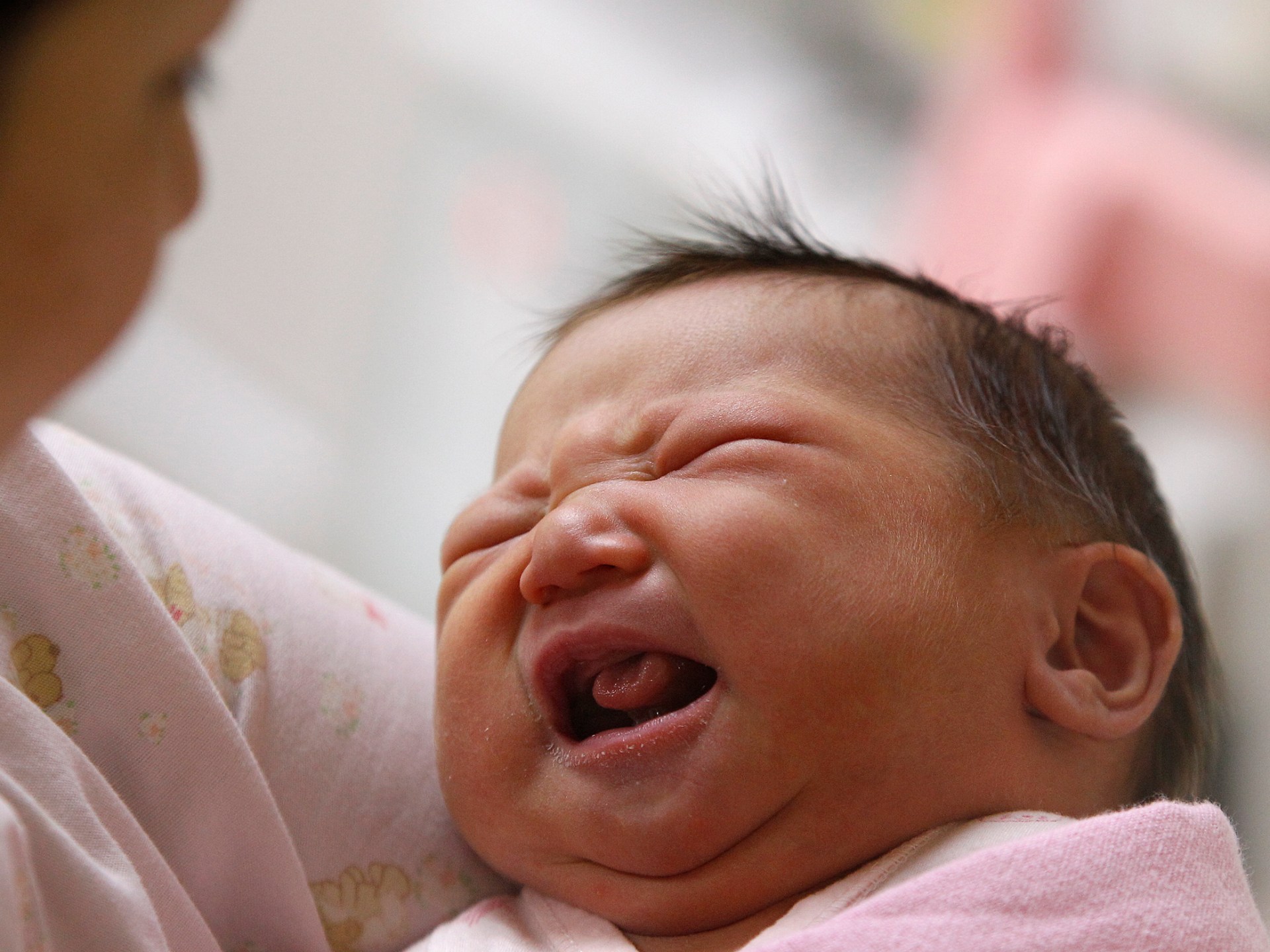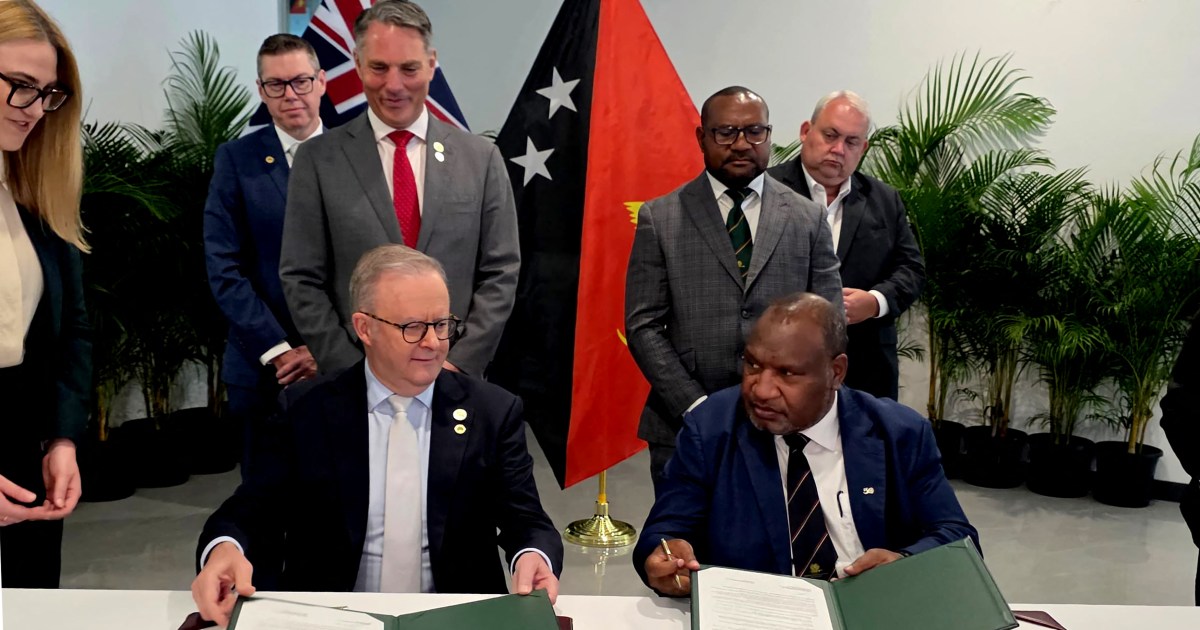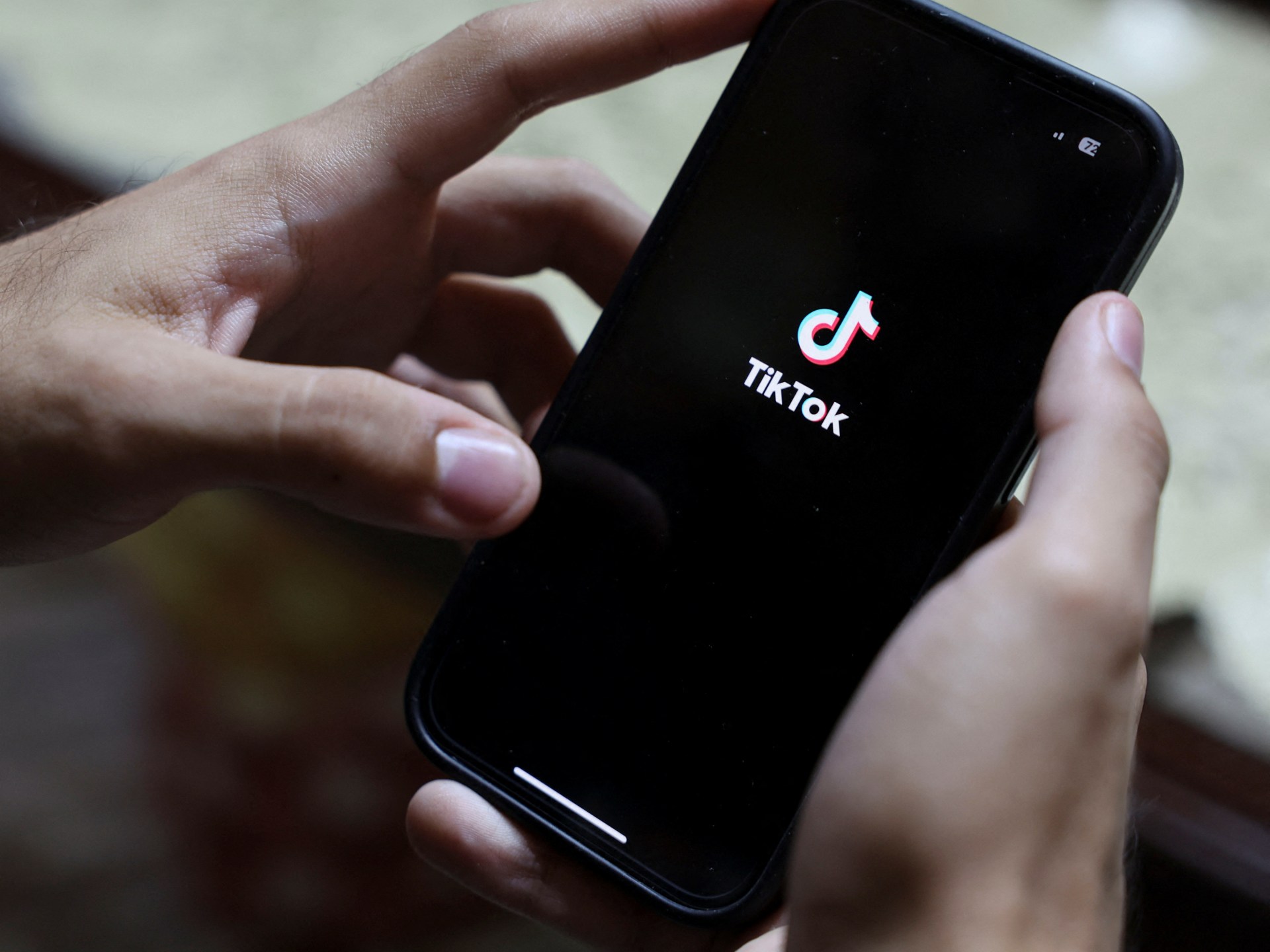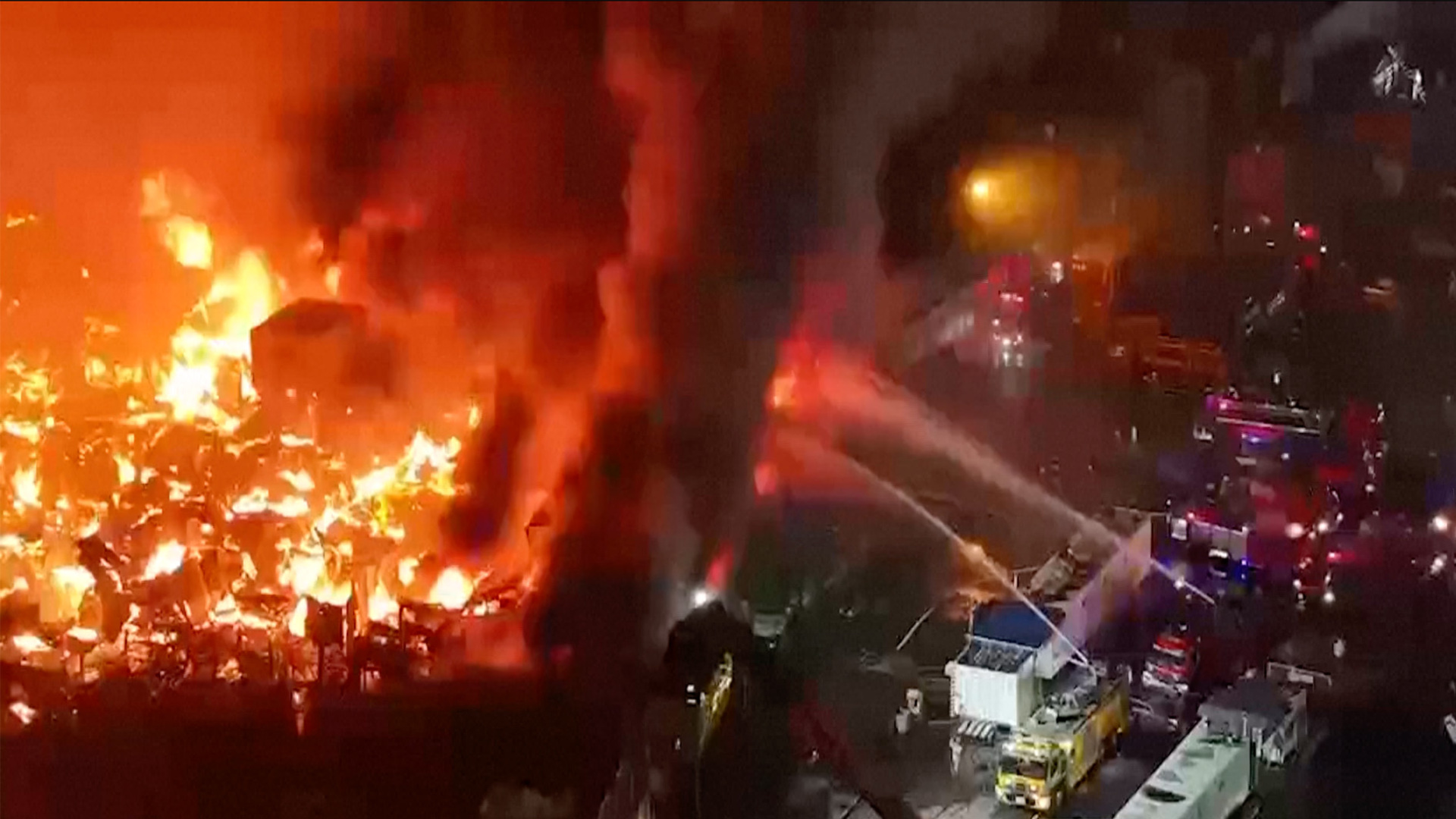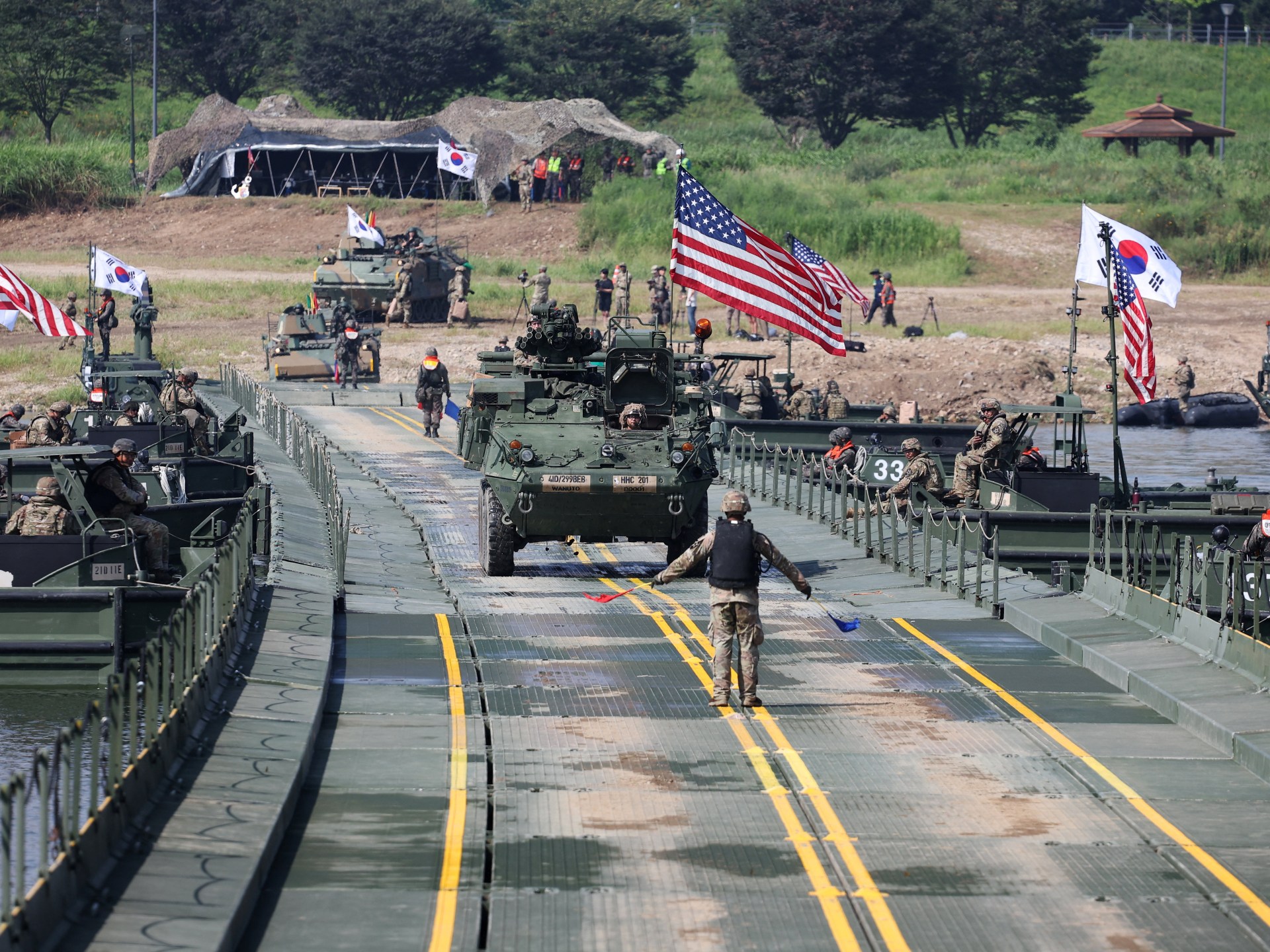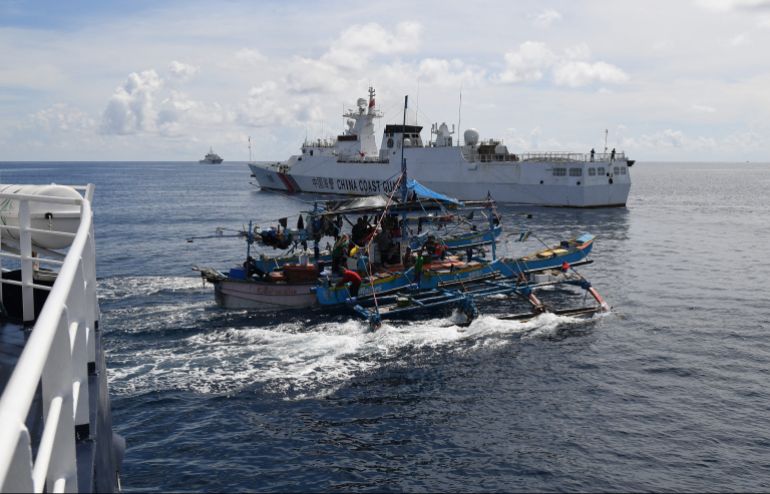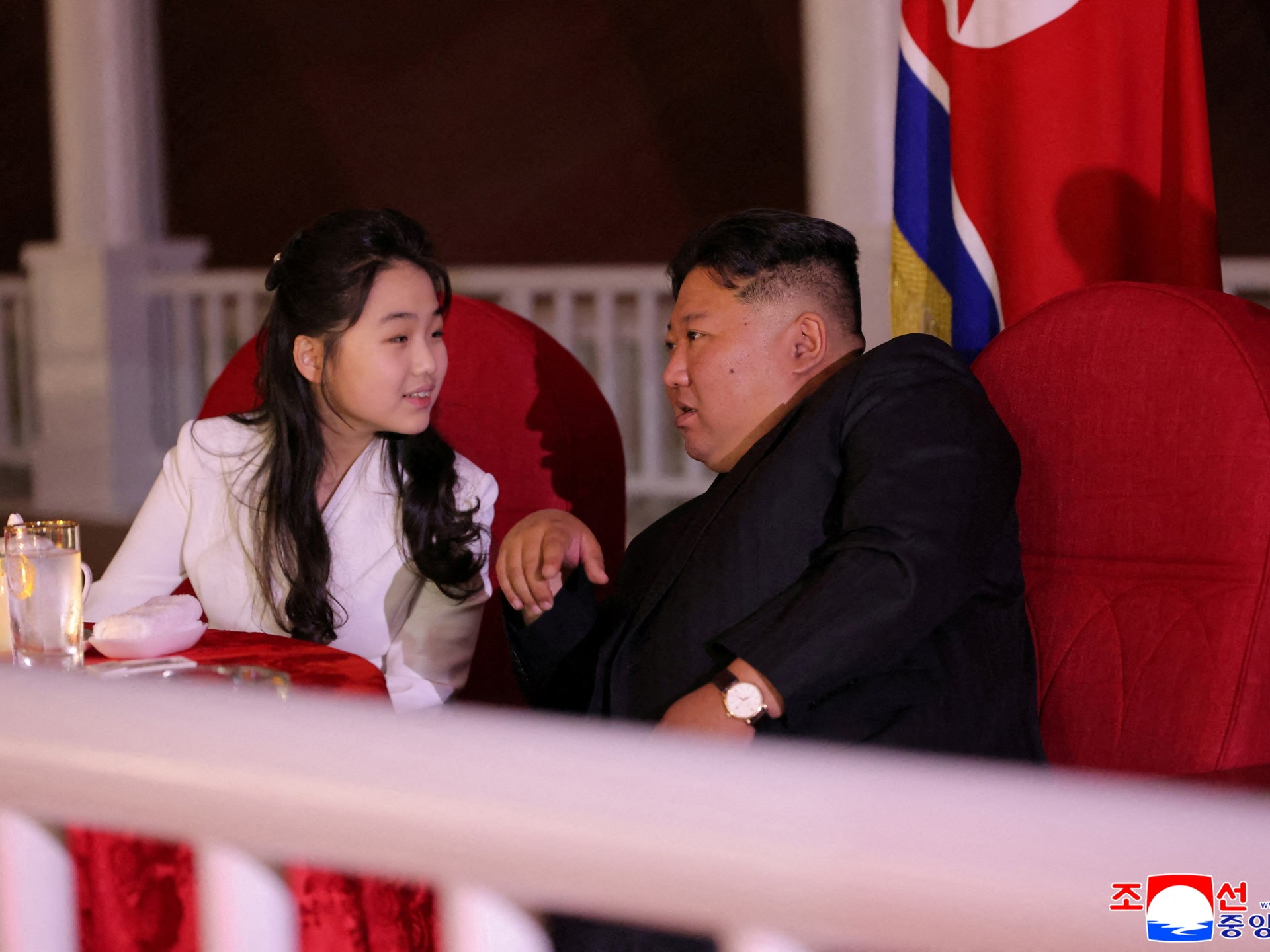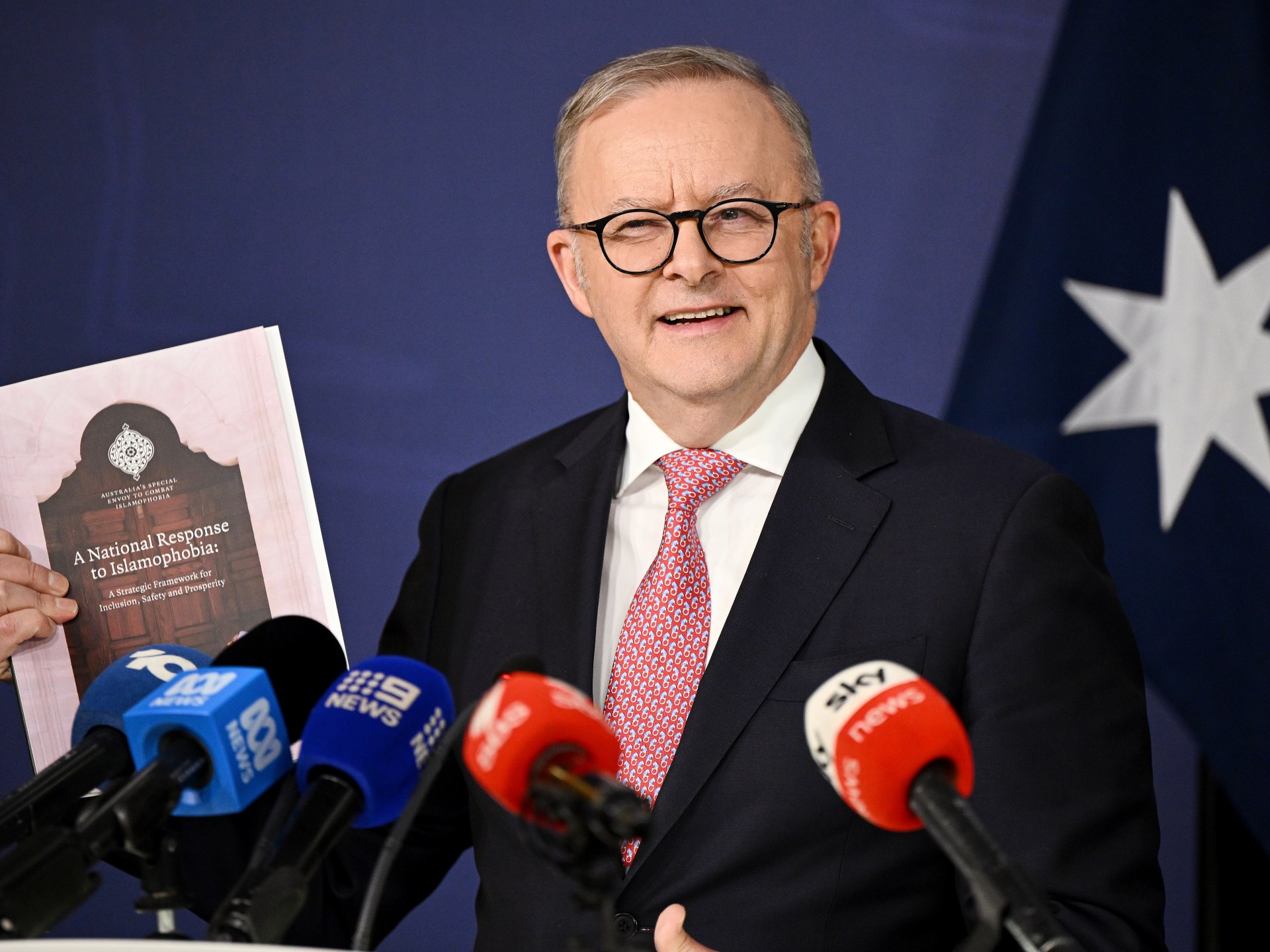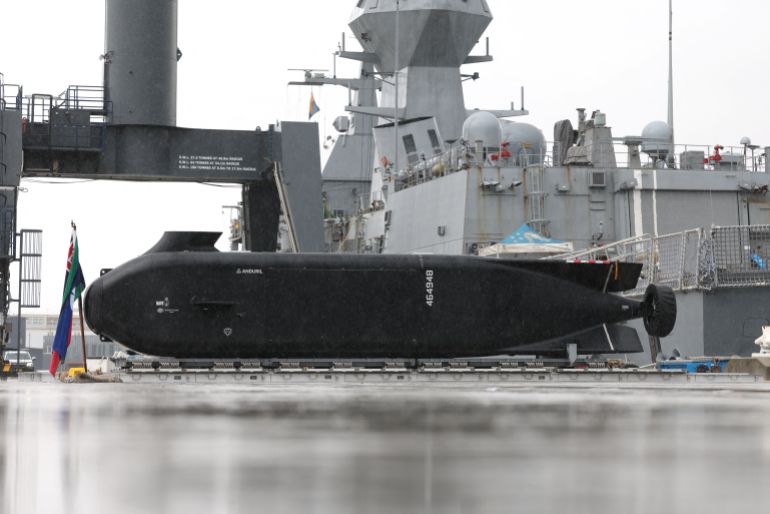Thousands rally in Philippines at anticorruption protests in Manila | Corruption News
President Marcos said in July there were anomalies in 9,855 flood-control projects worth more than $9.5 bn.
Published On 21 Sep 2025
Thousands of protesters have gathered in the Philippine capital, Manila, angered over a corruption scandal involving flood control projects that are believed to have cost billions of dollars.
With organisers hoping to draw one of the largest turnouts of anticorruption protests in the country on Sunday, police and troops were put on alert to prevent any possible outbreak of violence.
Recommended Stories
list of 4 itemsend of list
There has been deadly violence in another Southeast nation, Indonesia, recently, where protesters, infuriated by police violence, parliamentarians’ wages and soaring inflation, have been staging nationwide demonstrations.
Protesters in Manila waved Philippine flags and held a banner that read “No more, too much, jail them”, as they marched, demanding the prosecution of all those involved.
“I feel bad that we wallow in poverty and we lose our homes, our lives and our future while they rake in a big fortune from our taxes that pay for their luxury cars, foreign trips and bigger corporate transactions,” student activist Althea Trinidad told The Associated Press news agency.
“We want to shift to a system where people will no longer be abused.”
According to the AFP news agency, an estimated 13,000 people gathered in Manila’s Luneta Park by Sunday morning.

Anger has been mounting over the so-called ghost infrastructure projects since President Ferdinand Marcos Jr highlighted the scandal in July during his annual State of the Nation speech.
Marcos later established an independent commission to investigate what he referred to as anomalies in many of the 9,855 flood-control projects that were worth more than 545 billion pesos ($9.5bn).
Outrage from the public worsened after a wealthy couple, Sarah and Pacifico Discaya, who operated several construction companies, won flood control contracts that showed dozens of European and US luxury cars and SUVs they owned.
Marcos said on Monday that he did not blame people for protesting against the scandal “one bit” and called for the demonstrations to be peaceful. The president added that the army was on “red alert” as a precaution.

Reporting from Manila, Al Jazeera’s Barnaby Lo said the protest was being led by Christian churches of all denominations, but the Catholic Church has “historically” been able to “galvanise the Filipino people”.
“It’s not a coincidence that these protests are happening on September 21, which is the anniversary of the declaration of martial law by former President Ferdinand Marcos Sr and is taking place on the very highway where two people power revolutions took place,” Lo said.
Lo added that protesters want the president to institute “lasting reforms” that would “eradicate any opportunity for corruption at any level of government”.
Aly Villahermosa, a 23-year-old nursing student, told AFP that she had waded through floods in the storm-prone country.
“If there’s a budget for ghost projects, then why is there no budget for the health sector?” she said, adding that the theft of public funds was “truly shameful”.
